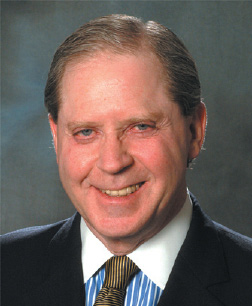The "Emergency Economic Stabilization Act of 2008" extended the ability to receive a tax deduction for the contribution of a full or partial real property interest through 2009. Generally, contributions of a partial interest in an asset do not lead to a charitable contribution deduction. However, if the partial interest is considered to be a qualified conservation contribution, it will qualify for the deduction.
The donee organization receiving the contribution must be a qualified 501 (C) (3) domestic organization, or several other specific charitable organizations, organized exclusively for conservation purposes. In addition, the organization is prohibited from making certain transfers and must also agree to retain this interest in perpetuity. Further, the qualified organization must have a commitment to protect the gift's conservation purpose, and the resources to enforce the restrictions. If all these conditions are met, the contribution (assuming it qualifies) will be considered a qualified conservation contribution.
Specific instances of a contribution of a partial interest in property would include: the preservation of land areas for outdoor recreation or education of the general public, open spaces preserved for the general public's scenic enjoyment, a natural habitat, or the façade of a certified historic structure.
For example, an individual lives in a residence that has been recorded in the national historic register as a historic structure. The home has a unique façade which a qualified charitable organization wishes to preserve. The organization has the property appraised for $1.5 million of which 15% or $225,000 is allocated to the façade. The home owner agrees to grant a non revocable permanent easement on the façade to the qualified domestic organization, in exchange for a qualified conservation contribution deduction of $225,000. Although this contribution is limited to a percentage of the taxpayer's adjusted gross income, it may be carried forward 15 years.
Norman Posner, CPA, managing partner, Samet & Co., Chestnut Hill, Mass. Ron Mutascio, CPA MST, also with Samet & Co. contributed to this article.
Tags:









